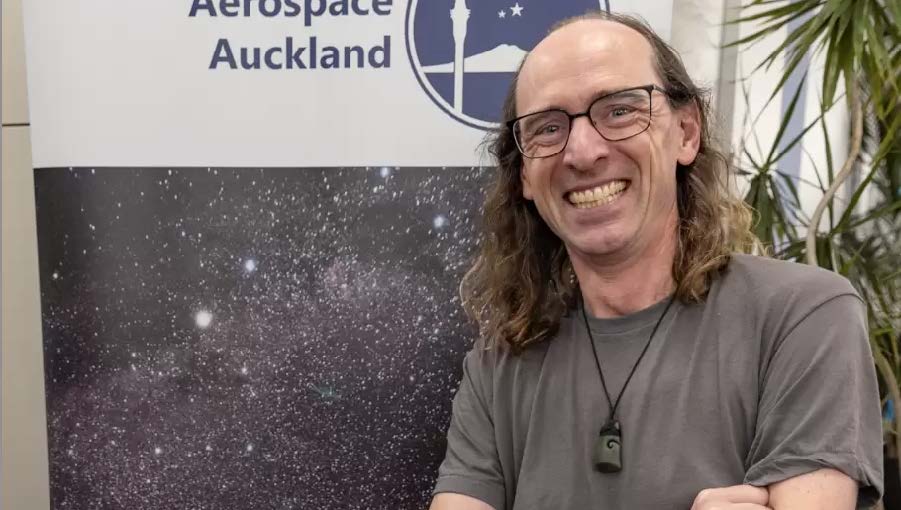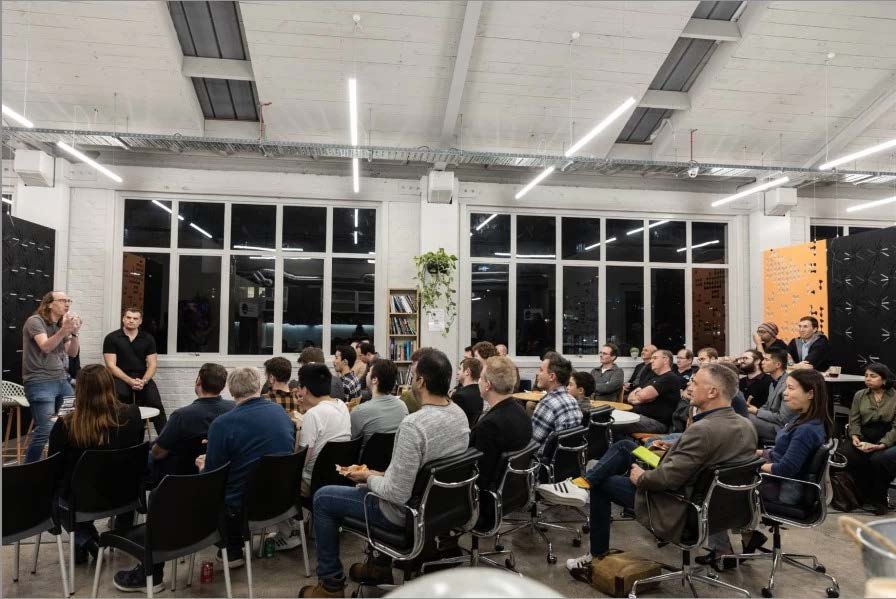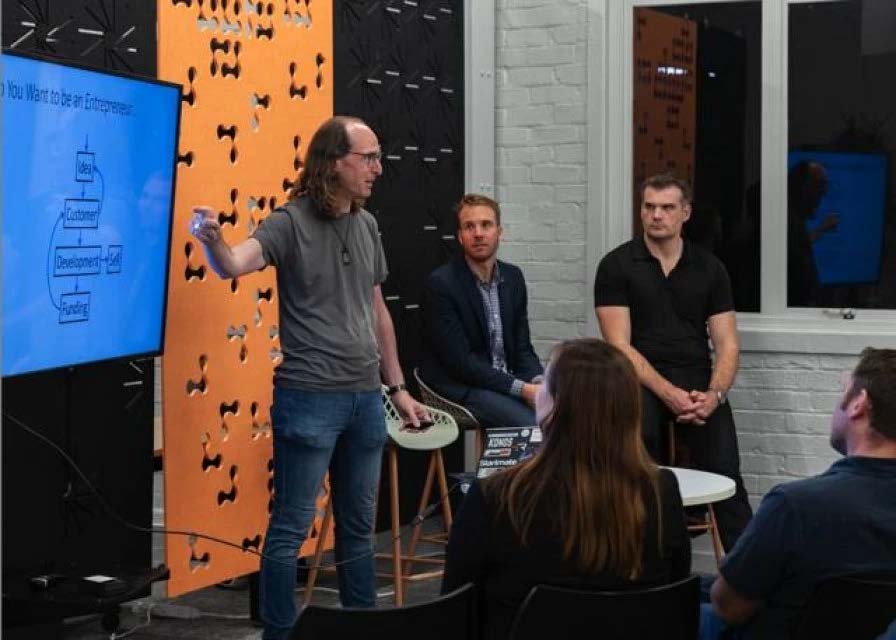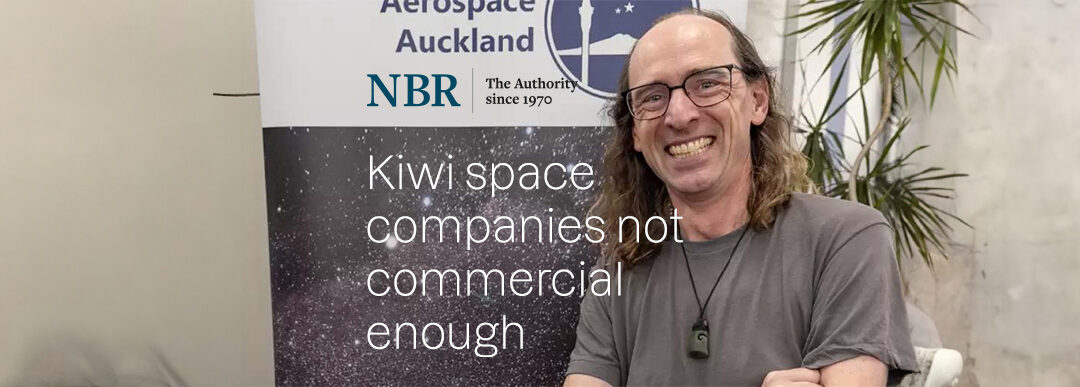
Doug Sinclair sold Sinclair Interplanetary to Rocket Lab in 2020, now he spends half his time in NZ, where he wants to help local spacecompanies thrive.
Doug Sinclair thinks there are a few Kiwi space engineers that don’t quite have their entrepreneurial sensors calibrated properly; they could be wasting time and money on projects with limited prospects.
The Canadian satellite engineer created satellite componentry business Sinclair Interplanetary in 2001 and sold it to Rocket Lab in April 2020 forabout US$17 million (depending on RKLB’s share price) as the New Zealand-born launch company made its first acquisition and expanded its space systems segment.
Sinclair came to New Zealand on the back of the deal in October 2020, making use of a critical purpose visa to enter the country and begin employment with Rocket Lab under the terms of an earn-out in the purchase agreement.
He ceased working for the Nasdaq-listed company about a year ago and is now semi-retired but still splits his time equally between New Zealandand North America, while carrying out entrepreneur-focused mentoring work for the University of Toronto’s Creative Destruction Lab programme.

While he loves his New Zealand lifestyle, he values reconnecting and recharging in the northern hemisphere, which is basically the approach he is recommending for Kiwi space engineers targeting commercial success.
“There are lots of people in New Zealand who are excited about doing space business, and I think Rocket Lab is one of the major instigators for that,” said Sinclair, who has no further involvement with Rocket Lab aside from “a little bit of stock”.
“People have been excited about space for forever, but [Rocket Lab] was real evidence that you can be a person in New Zealand, you can have aspace idea, and that it can turn into something massive and successful and wonderful.”
They are “technology driven rather than market driven,” he said, which gives rise to his fear that they will spend time and money developing technology that doesn’t have a customer.
“If I have a single message … it’s that the first thing you do is you come up with an idea, but then, the second thing you do, is you find out if there’s a customer for that idea.”
It seems simple, but Sinclair believes it’s a mistake many Kiwi inventors are making.
He held a seminar last night at Outset Ventures’ Parnell headquarters, where Rocket Lab had its start, entitled: ‘So, you want to be a space entrepreneur?’ with the aim of getting his message across to as many local industry participants as possible.

Sinclair gives a seminar on space entrepreneurship at Outset Ventures’ Auckland HQ.
Go to market
A key piece of Sinclair’s advice is that engineers and entrepreneurs have “got to get on some airplanes” and go talk to potential customers.
Sinclair’s own proximity to the huge North American space industry was key to the growth of Sinclair Interplanetary. Having studied aerospace engineering in Toronto and Surrey, England, he spent three years at Dynacon (now Microsat Systems Canada) where he contributed to the construction of three spacecraft.
With that experience, he went out on his own under the Sinclair Interplanetary name, consulting to governments and companies on their use ofsatellite technology. However, he continued to develop his own products on the side, eventually reaching a point where he was able to transitionfully into selling the products he was developing.
Those products – startrackers and reaction wheels – are components that combine to help satellite users determine, to a high degree of accuracy,which direction their instruments are facing. They come in handy when capturing images of Earth from space, for instance, so the images can belinked to terrestrial GPS coordinates.
Sinclair decided to sell up when the company’s growth started outstripping his personal capacity, despite him bringing on up to eight staff. Hestarted out with 70 prospective buyers and, through a multi-round “auction-type thing”, Rocket Lab popped out the bottom of the funnel as the winning bid.
The acquisition bolstered Rocket Lab’s space systems business, as distinct from its launch business, which now makes up two-thirds of its total revenue and is a key driver of its goal to be an end-to-end space company.
Rocket Lab’s subsequent financial disclosures showed it paid US$12.34m in up-front cash and 2,470,814 of shares (subject to a two-year salerestriction) for Sinclair Interplanetary, as well as an earn-out of up to 1,915,357 shares dependent upon hitting certain milestones over that two-year period. The entire portion of earnout shares was issued on May 31, 2022, amounting to a total stock compensation booked on Rocket Lab’saccounts of nearly US$5m.
The value of the shares naturally fluctuates on the market, with each currently valued at US$4.35.

Sinclair was joined by Outset partner Angus Blair and Tim Searle from the New Zealand Space Agency.
Rocket Lab now American
Did Sinclair’s consulting experience aid his product development journey, given he had insight into the needs of a range of customers and use cases?
“Absolutely. It is very hard, if you’re outside the business, to correctly imagine what might be a problem that a spacecraft builder is having, and how I can solve it.
“I think [some NZ businesses] are imagining what a spacecraft engineer might want, but they haven’t actually talked to enough of them to validate that proposition, and some of them, I think, may be incorrect. They may be … trying to solve a problem that isn’t actually a problem that people have today.”
Sinclair said it is “absolutely possible” to create a space business in New Zealand – Rocket Lab is testament to that – but building it to any kind ofscale requires that offshore view.
Rocket Lab, for all intents and purposes, is now an American space systems company with global customers, said Sinclair.
“I don’t want to minimise it. It’s an important part of the history in the story, but Rocket Lab today is not a company that’s about launching rockets from New Zealand.
Outset Ventures partner Angus Blair noted that space is among the most dynamic and technically complicated industries an entrepreneur could consider starting a business in, so having first-hand advice from the likes of Sinclair was invaluable for space companies’ development.
“For would-be founders, being able to ask questions of people like Doug, who have started and sold companies in the sector, is a massive leg-up for the sector as a whole.
“There were as many people [100] at the event as there are on the waitlist. We have more skilled people in the space industry than we have everhad in New Zealand, which bodes incredibly well for future space startups.”
Will Mace
Fri, 17 May 2024

